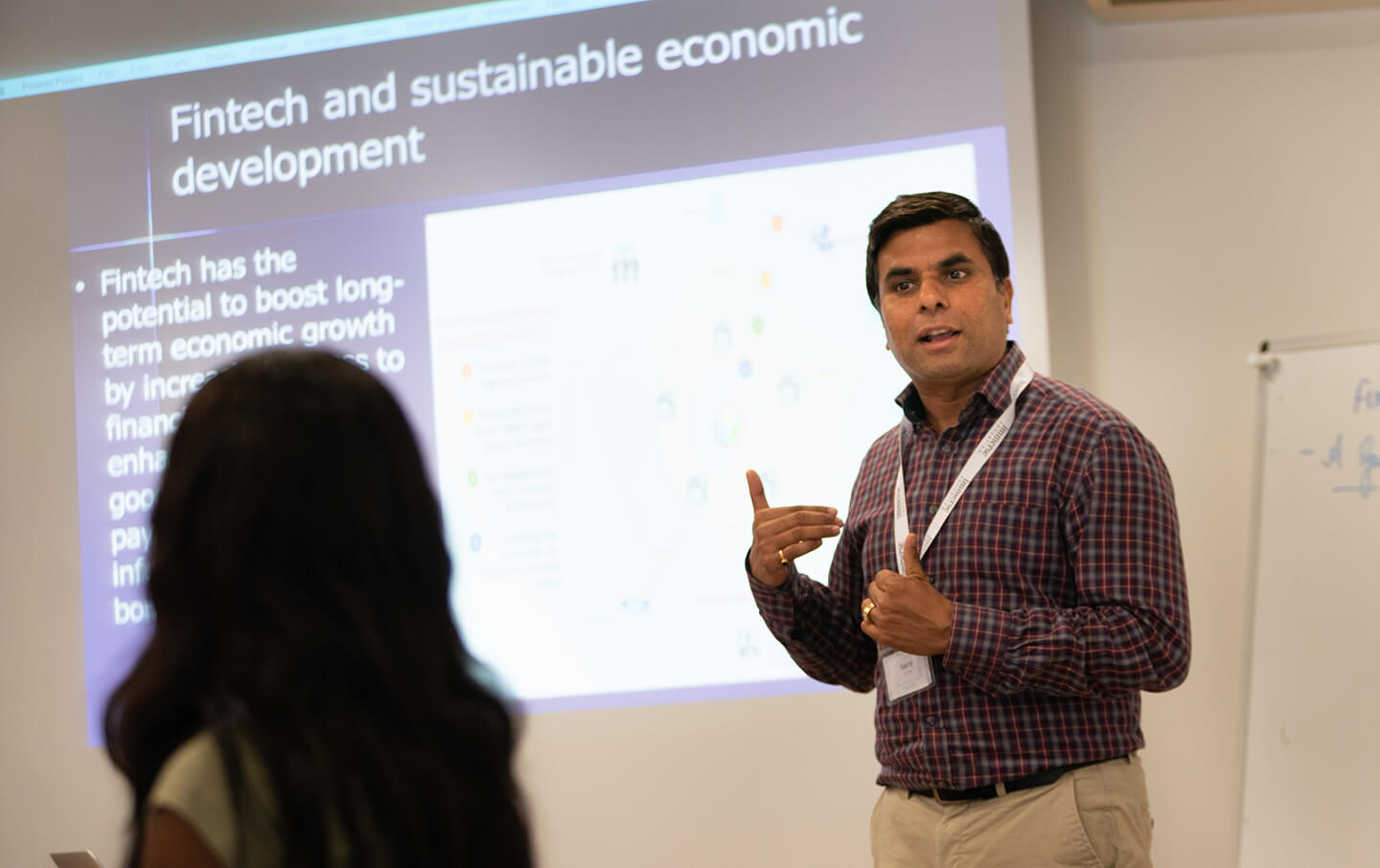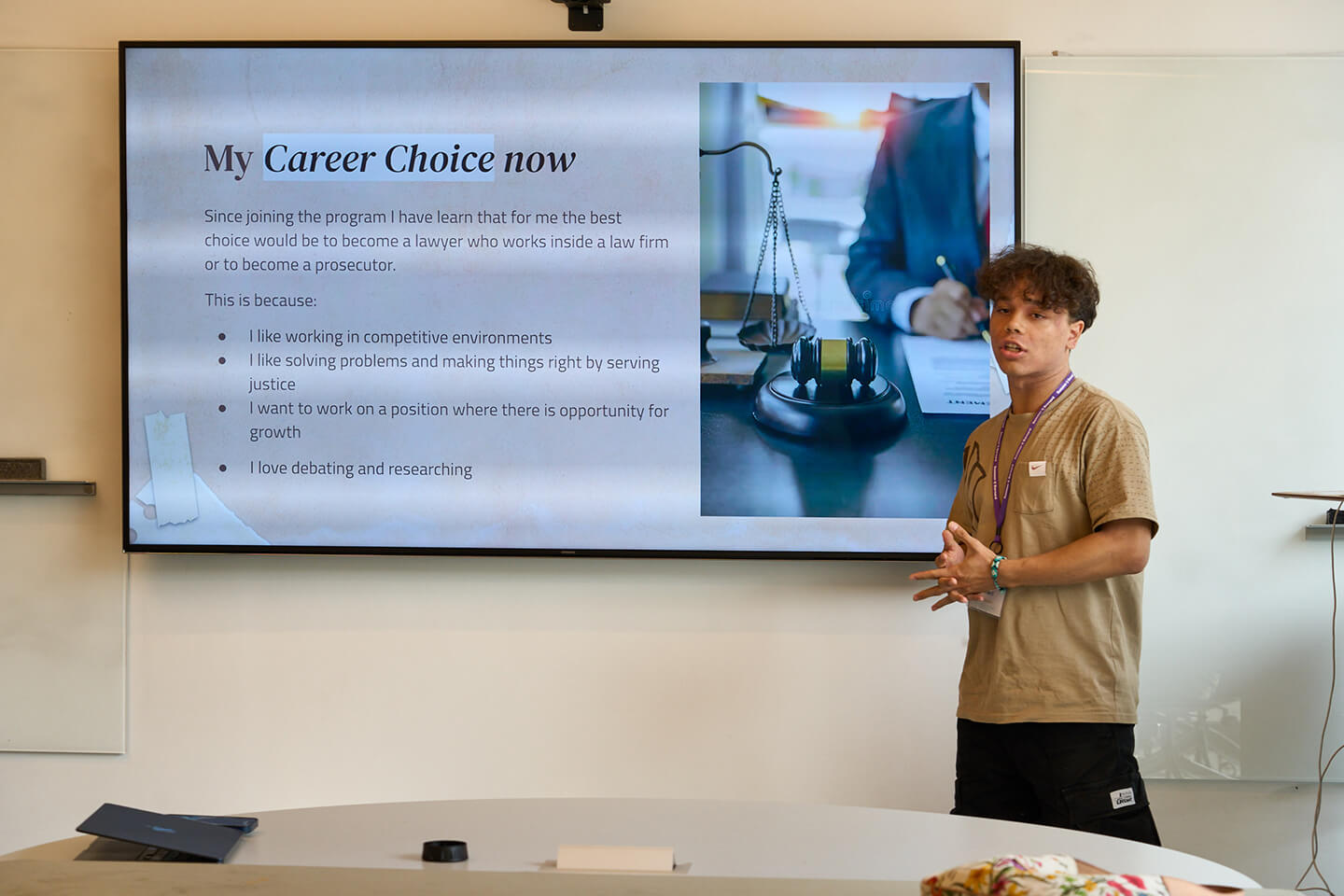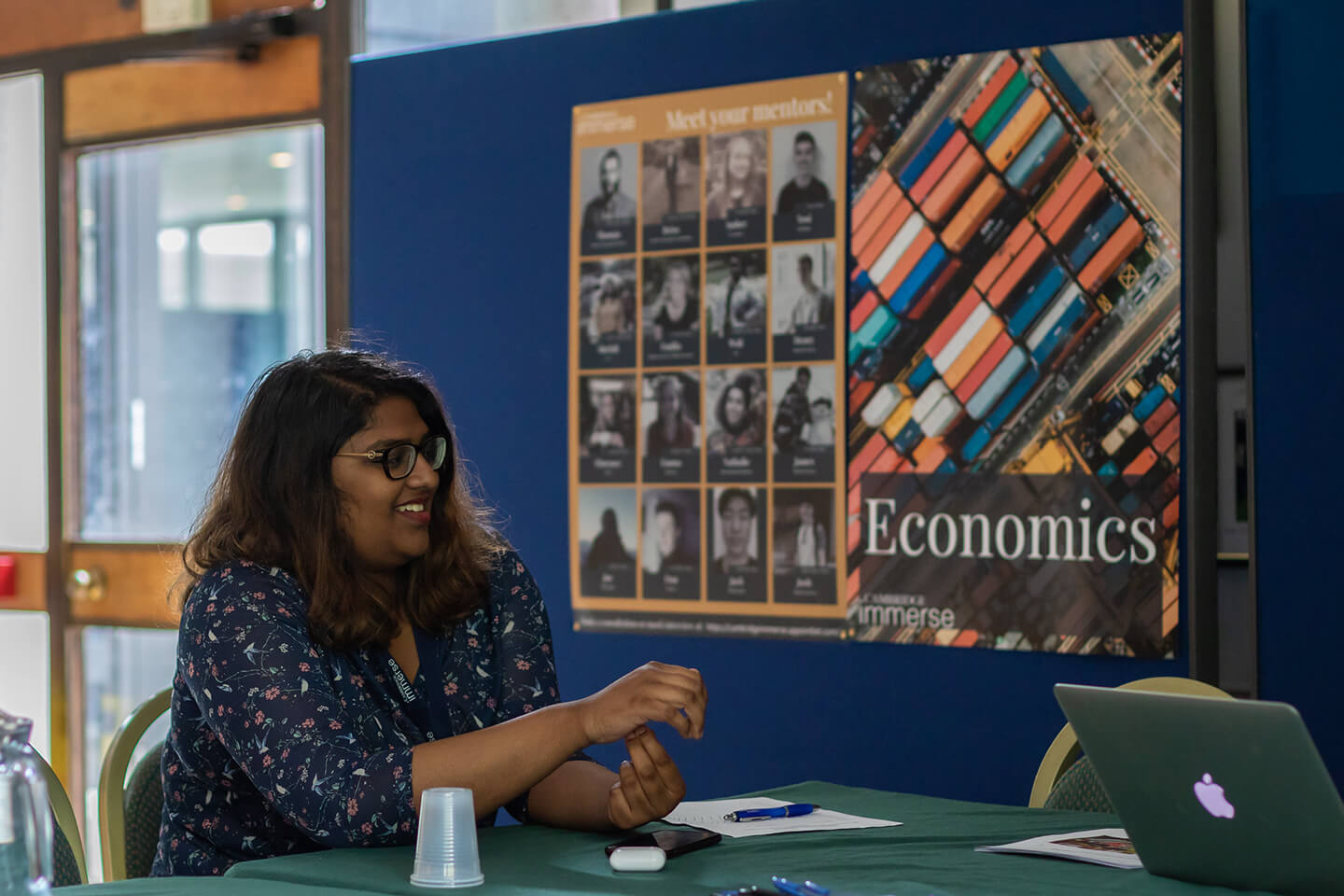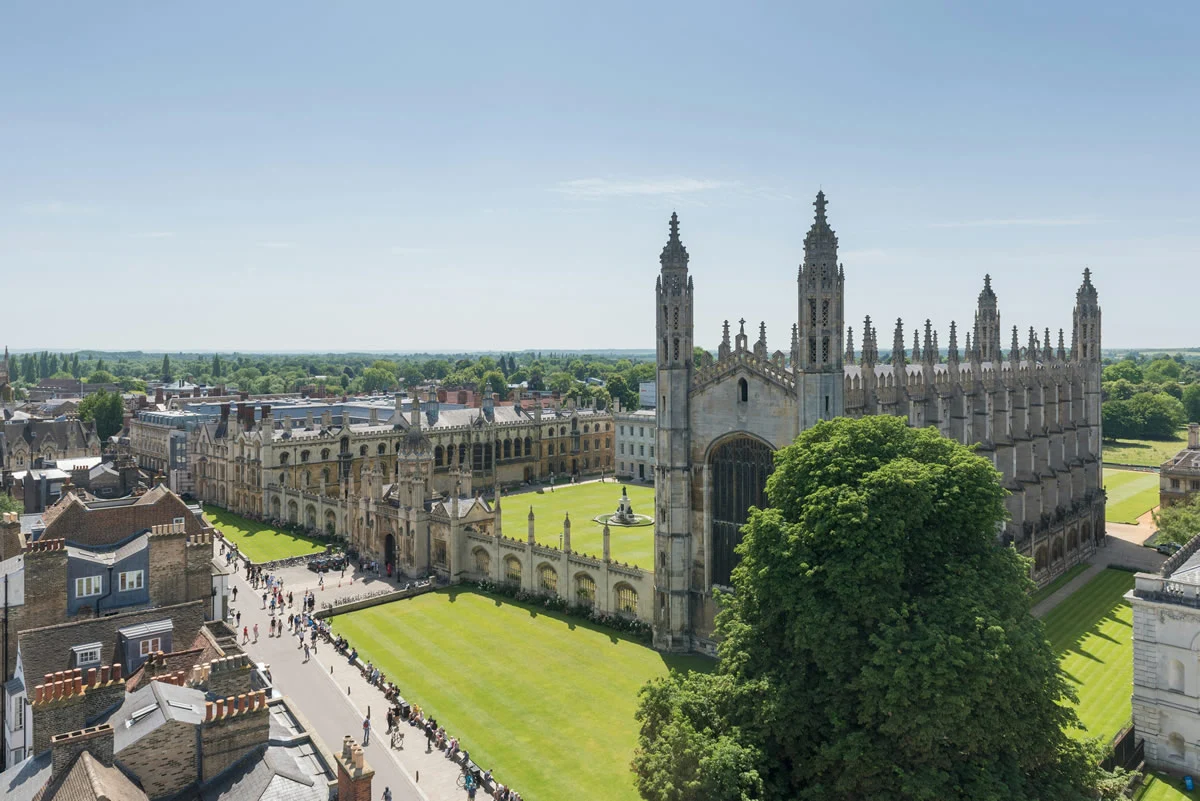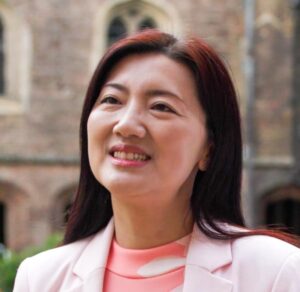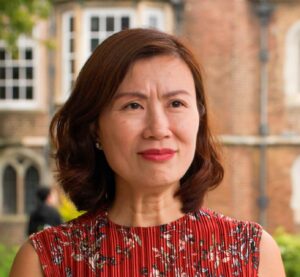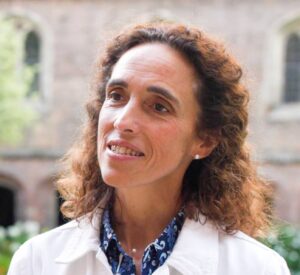- Receive tailored advice to match your child’s interests and goals
- Gain insights from our experienced programme consultants
- Get answers in real-time, making your decision-making process smoother and more informed
Economics summer school
Immerse Education’s Economics summer schools offer an enriching and intensive learning experience for participants passionate about Economics and its real-world applications. Held in stimulating academic environments, our two-week programme is designed for ambitious participants aiming to deepen their understanding of economic principles, global markets, and policy-making.
Led by expert tutors and academics from top universities, our Economics summer courses encourage lively discussions, group projects, and presentations that foster a deeper appreciation of economic concepts and challenges. Economics summer programme participants receive personalised guidance and feedback, ensuring you maximise your learning potential.
Introducing Immerse’s Economics courses
-
Academic Insights Pathway
-
Online Research Programme
Step into university-level learning
Challenge yourself with university-level study
Key benefits and learning outcomes
Master core Economic concepts
Develop problem-solving skills
Experience real-world challenges
Prepare for academic and career success
Earn a recognised certificate
- Master core Economic concepts
- Develop problem-solving skills
- Experience real-world challenges
- Prepare for academic and career success
- Earn a recognised certificate
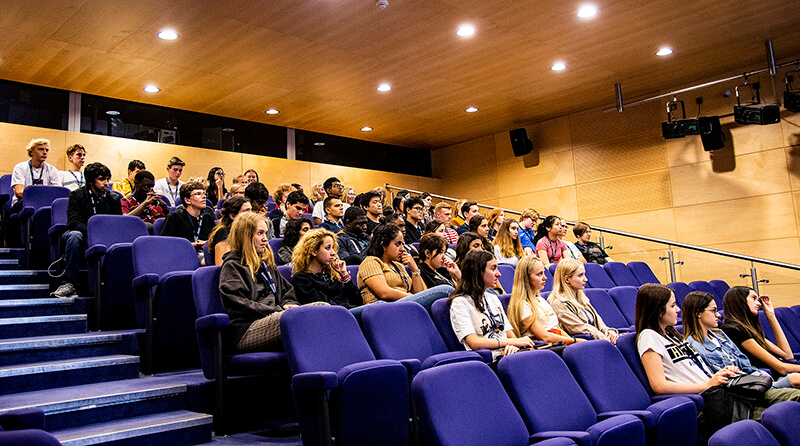
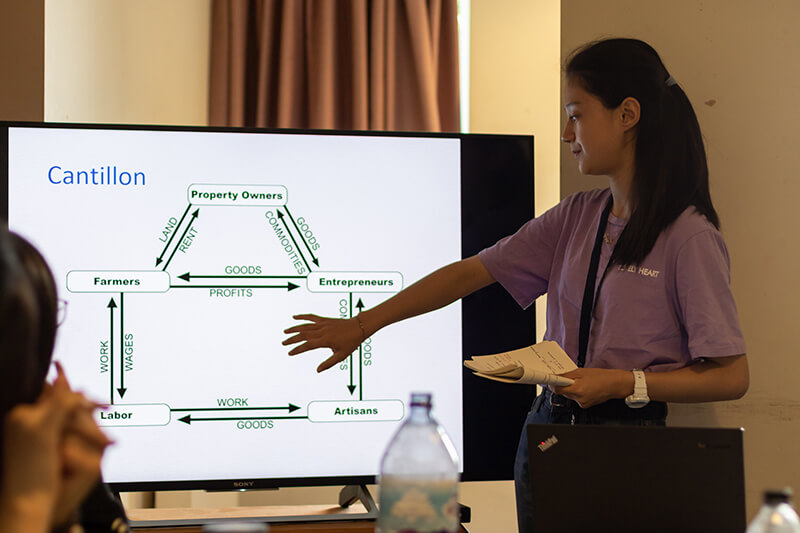
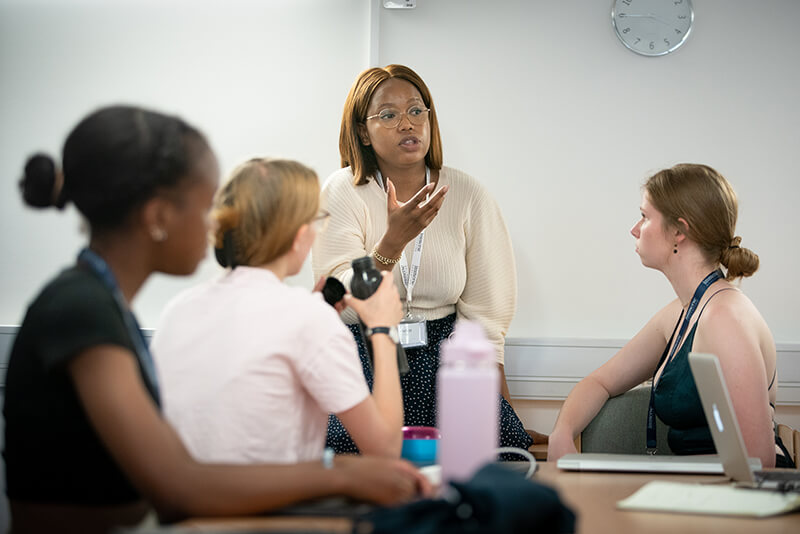
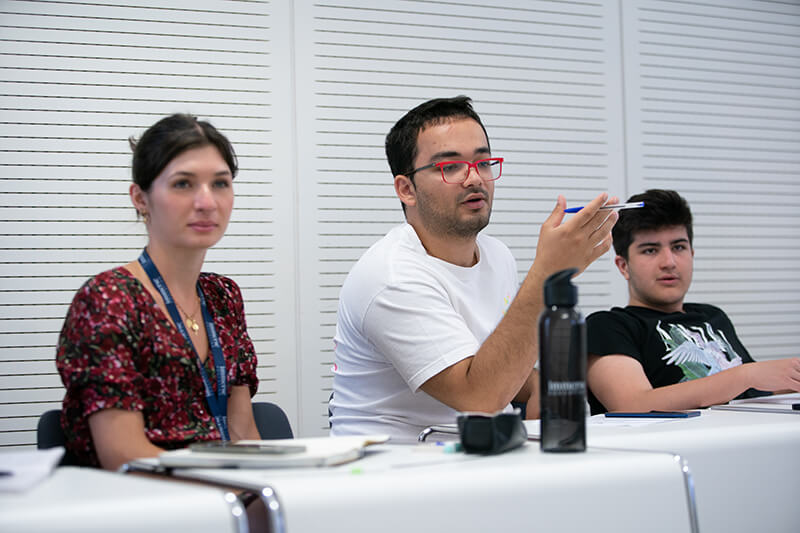
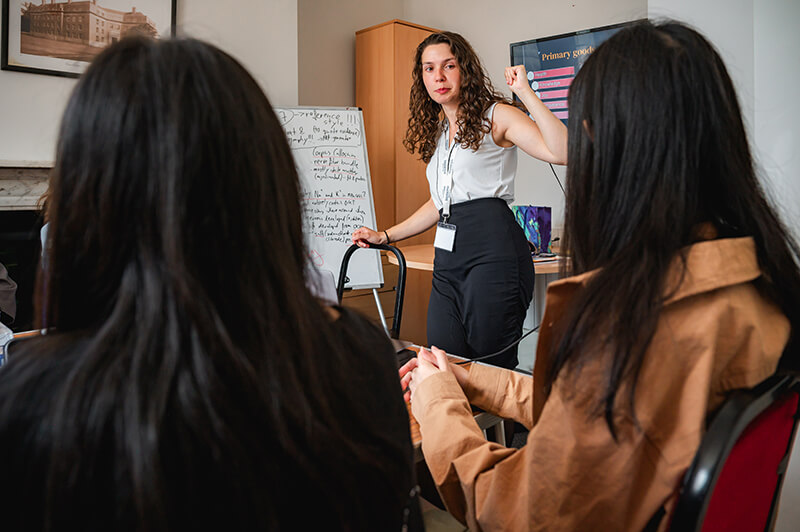


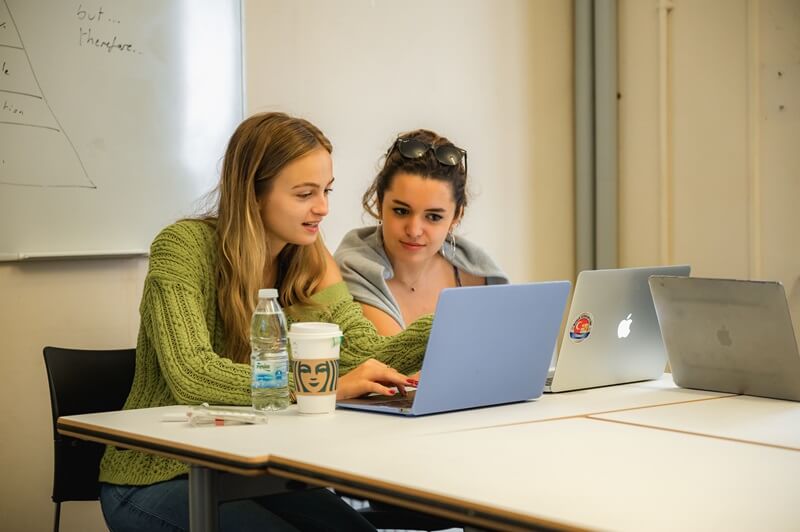
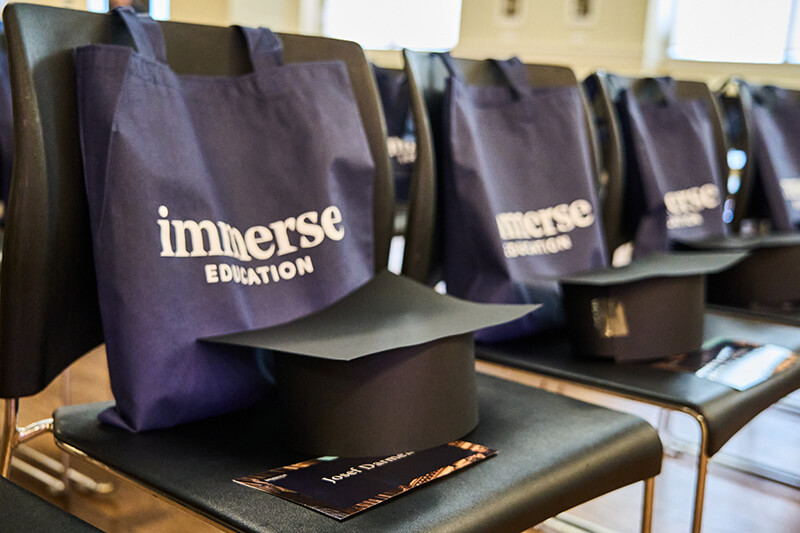

Where can you study Economics with Immerse Education?
Economics helps us understand how money, businesses, and markets work. It shapes the world around us, from the price of everyday goods to global financial trends. With Immerse Education, you can study Economics in a way that suits you best—either by joining an in-person programme or learning online from home.
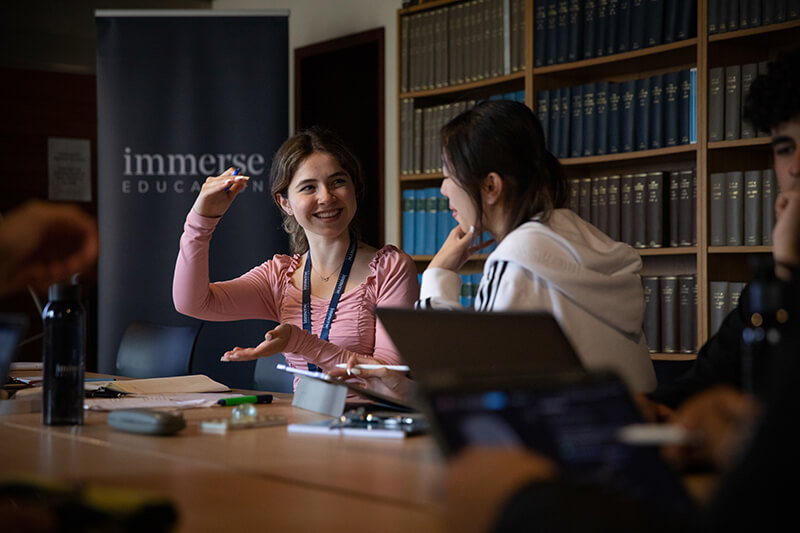
Study Economics In Person
If you like learning in a classroom setting, an In-Person Economics summer school is a great choice. You’ll receive guidance from experienced tutors who explain key concepts clearly and help you improve your understanding. You’ll also have the chance to work on an independent project, giving you the freedom to explore a topic that interests you.

Study Economics Online
If you prefer the flexibility of learning from home, an Online Economics course offers the same high-quality teaching in a virtual setting. Live sessions with tutors keep lessons engaging and interactive. You’ll take part in discussions, tackle real-world economic problems, and work on a personal research project. The online format allows you to study at your own pace while still being part of a learning community.
Economics summer school
Our residential summer schools are held at leading universities. Experience living and studying on campus like an undergraduate student.
Our in-person programme highlights
Group workshops
Collaborate with peers in hands-on workshops designed to deepen your understanding and spark creativity.
1-on-1 tutoring
Receive personalized guidance from expert tutors to help you reach your academic goals.
Personal research project
Undertake a unique project, diving into a topic that interests you, with support from our experienced mentors.
Expert seminars
Learn from leading professionals and academics, gaining insights into real-world applications of your studies.
Day excursions
Explore renowned institutions and landmarks, enriching your experience beyond the classroom.
Certificate of achievement
Receive a certificate that recognizes your dedication and hard work, showcasing your accomplishments.
Meet some of our Economics tutors
Our Economics tutors make economic theory clear and interesting. They have experience in both academics and industry, so they know how to explain complex ideas in a way that makes sense. They cover important topics like market trends, economic policies, and financial systems, helping students build a strong understanding of the subject.
They promote open discussion and challenge students to consider practical economic problems. Every student receives individualised support according to their areas of strength and growth. Tutors simplify important concepts and words for students studying English as a second language, making global economics simpler to understand. In order for students to thrive academically and get a greater interest in the topic, they want to increase their self-assurance and curiosity.

Before joining Bloomberg as a Consultant in London, Lesego completed an MBA at the Cambridge Judge Business School. Lesego has also worked with McKinsey & Company in their various global offices.

Itzhak is a DPhil candidate in Economics at Oxford University, where he also obtained his master's and undergraduate degrees. Alongside his research, he tutors microeconomics to first and second-year participants at St Hugh's College, Oxford University.
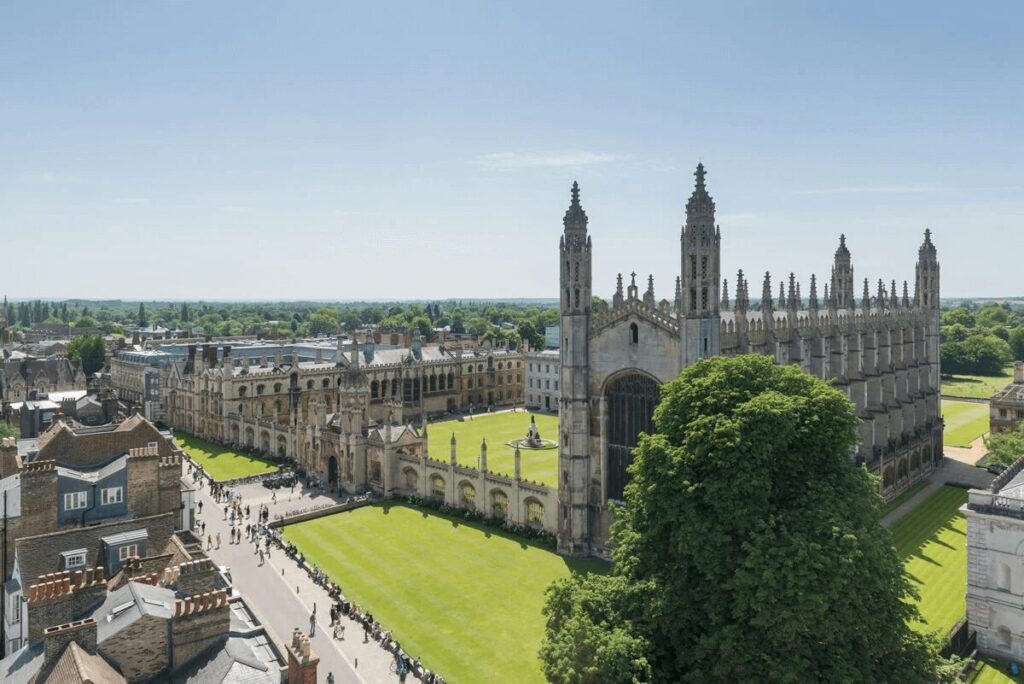
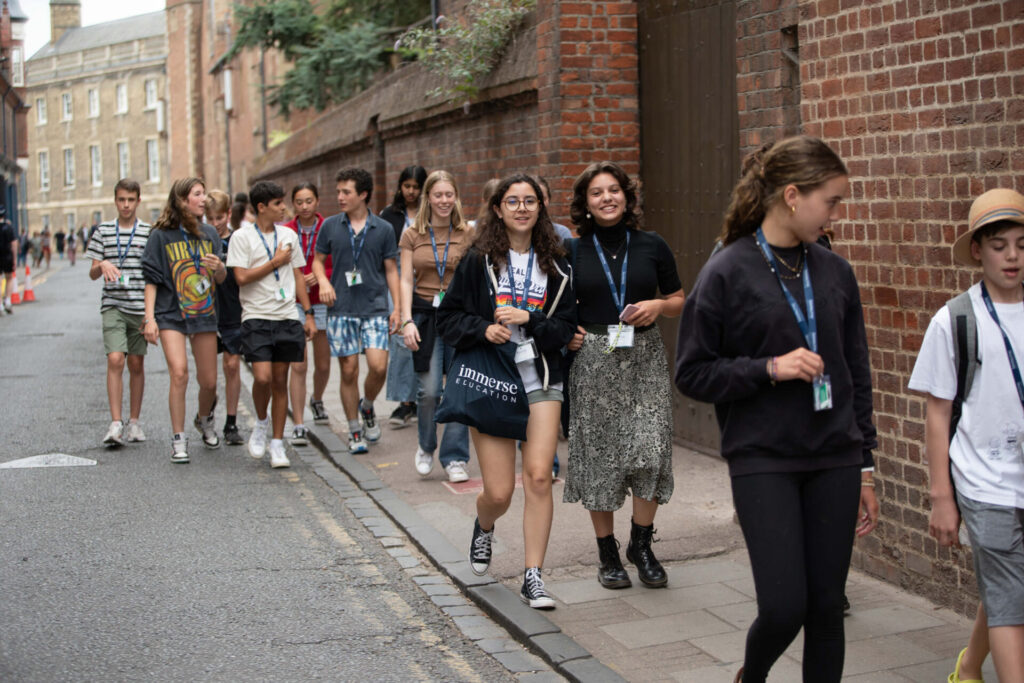
Explore opportunities for your child with a complimentary consultation
“Reel” Immerse success stories
Trusted by parents
Academic Insights: Parent’s Perspective Video
The Immerse Education difference
Accredited by Aegis and BAC, Immerse Education is trusted for delivering world-class learning experiences.
Safe and secure
Students’ safety is our top priority. All staff members undergo rigorous background checks and comprehensive safeguarding training, ensuring you can focus on your learning in a secure environment.
Award-winning excellence
Accredited by Aegis and BAC, and recognised with top awards like the Queen’s Award for Enterprise, Immerse Education is trusted for delivering world-class learning experiences.
Alumni benefits
Join a lifelong network of alumni and gain access to exclusive events, learning opportunities, and offers from our partners, keeping you connected long after your programme ends.
Expert mentorship
Learn from dedicated mentors who are current or former students at top universities. Their personalized and tailored guidance will give you the valuable insight and support needed to thrive academically
Our students study at top universities and work in global companies
Economics summer school FAQs
What is an Economics programme and why is it important to study?
What career prospects are available for Economics graduates?
What courses does Immerse Offer for Economics?
What skills, experience, or prior learning do I need for the Economics course?
What topics will I study that are related to the Economics course?
What kind of participants are best suited for the Economics course?
How does Immerse Education support ESL learners in their programmes?

Speak to one of our programme advisors
Parent FAQs
Is travel to and from the programme’s location included?
Are meals provided, and do you cater to dietary requirements?
How is my child's safety ensured during the programme?
What if my child needs medical attention?
Learn how Immerse can transform your life
- An in-depth overview of our university and career preparation programmes
- Get a glimpse into the life of an Immerse participant
- Find the right programme for you with sample timetables, location showcases, and more
Learn how Immerse can transform your life





